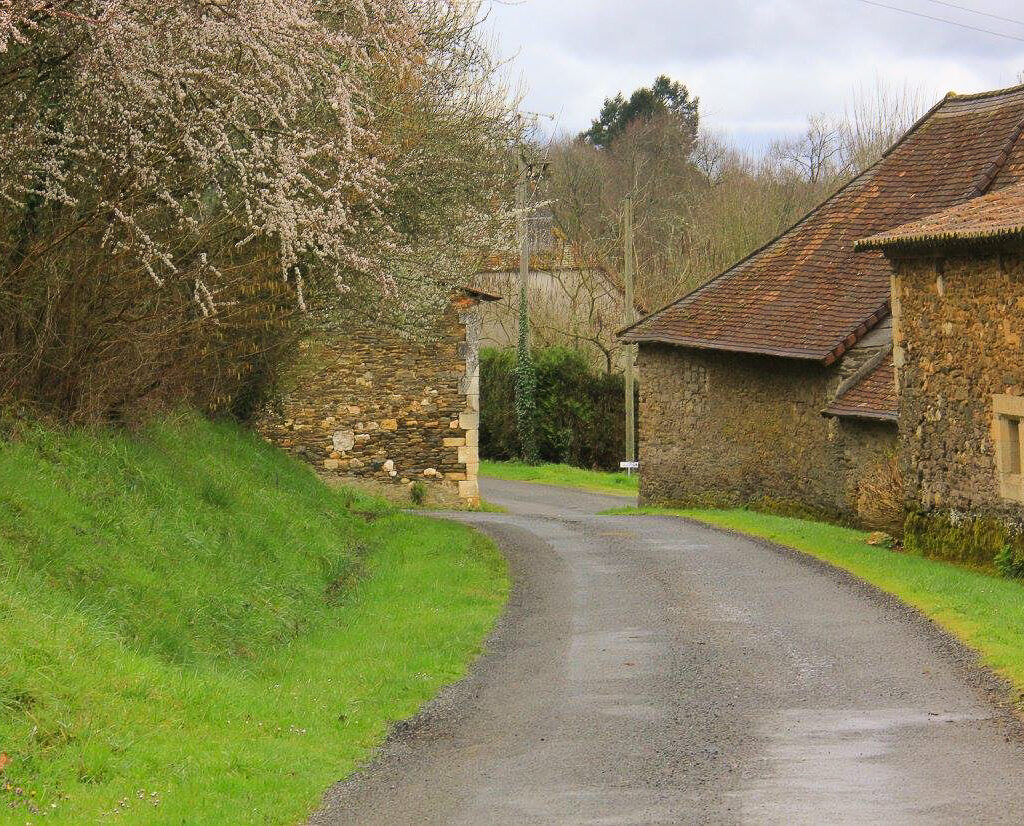Some of the best travel memories have nothing to do with ticking off popular destinations or capturing the perfect photograph. They usually begin with a wrong turn, obscure towns, a missed exit, or a decision to follow a faded sign off the highway. People often panic about getting lost. However, these adventures make the best memories to be cherished for a lifetime. In this article, we will discuss how the joy of getting lost creates these memories.
The Beauty of Slower Places
There’s something deeply comforting about small towns. Time doesn’t feel like it’s chasing you. You get the sense that people aren’t in a hurry to leave, and that their stories are tied to their surroundings. For instance, many lesser-known towns in Arkansas make for great road trip destinations. According to WorldAtlas, some such towns include:
- Mountain View
- Gurdon
- Eureka Springs
- Hot Springs
- Lead Hill
- Ozone
- Berryville, etc.
These small towns offer live folk music, castles, parks, and more. However, even though they are small, you should still be cautious when on the road.

Safety on the Roads
If you are planning a road trip, you should realize the importance of driving carefully, whether on empty roads or highways. However, highways and urban roads are usually considered to be much more dangerous. The primary reason behind this is the growing number of vehicles in urban areas. For instance, on May 2, 2025, there were two accidents on I-49 in Rogers. Both happened near Exit 82. One of the accidents led to an injury, but the second one had none. The injured driver can take legal recourse in such accidents by hiring a Rogers car accident attorney. However, this is only possible if the crash occurred due to the other driver’s fault. Your insurance company will cover the injuries and damages if you were at fault.
Keith Law Group says that lawyers can help you seek compensation for your damages. They will consider factors like medical expenses, lost wages, emotional pain, etc., to calculate damages. Additionally, they will also negotiate with insurance agents on your behalf to ensure you are not underpaid. On the contrary, most roads in these lesser-known towns are usually empty. People stay close to each other, and they often walk to their neighbors or within the town.
Small Towns Offer a Kind of Hospitality That’s Hard to Replicate
When you slow down and spend time in small towns, you notice how people move through the day differently. Their language and comfort are patient in the familiar patterns of their daily routines. Conversations often stretch longer, not because there’s more to say, but because there’s more time to say it. And if you stay long enough, even just for an afternoon, you may find yourself pulled into those rhythms. These towns tend to be close-knit, where help isn’t far away and people often know someone who can take care of just about anything. That’s what stands out in towns like these: the strength of community ties. Services and support don’t feel distant or impersonal; they feel part of a shared understanding that people look out for each other.

Letting Go of the Itinerary Often Brings Unexpected Freedom
When you rely too heavily on schedules and digital maps, you might miss the subtle, slower pleasures of travel. However, when you let yourself drift off course, you open the door to experiences that aren’t tied to any plan. There’s a freedom in not knowing what’s ahead. You stop rushing from place to place and start paying attention to where you are.
In these moments, you might find a trail that leads to a quiet overlook. You may find a thrift shop with someone to tell you about the town’s history, or a forgotten gas station with vintage pumps. These discoveries don’t come with fanfare, but they leave a lasting impression. And more often than not, you’ll remember them more clearly than the main destinations you set out to visit. If you are a photographer or like to click memories, these are the moments you should capture. These wrong turns or detours will lead to images that aren’t on your itinerary. Thus, you should always chase moments and not Instagram shots.
Getting Lost Isn’t Always a Mistake; It Can Be the Most Rewarding Part
Most people try to avoid getting lost. But sometimes, losing the trail or stepping away from it is how the best stories begin. You might end up in a town that doesn’t exist on your map, only to find the warmest welcome. You might take a road you weren’t sure about and discover a lakeside picnic area where you spend the rest of the day.
Getting lost teaches you to pay closer attention. It encourages you to ask questions, to rely on the people around you, and to explore without expecting something specific in return. There’s something quietly satisfying about letting the journey lead for a while instead of controlling every stop. In those in-between spaces, between the destination and the detour, you often find the parts of the trip that matter most.

Frequently Asked Questions
What should you pack for a spontaneous road trip that includes small-town stops?
When taking a road trip with the possibility of detours, it’s helpful to pack a few versatile items. A printed map or road atlas can be beneficial in areas with poor signal. Bring snacks, water, and basic toiletries in case you’re far from a store or gas station. It’s also a good idea to carry cash, as some rural shops and cafes may not accept cards.
How do you find local spots in towns that don’t appear on travel guides?
Ask someone local. Whether it’s a gas station clerk, a server at a cafe, or someone at the grocery store, locals usually know about hidden spots. They can guide you to the best place for pie, a scenic trail, or a local festival. You can also explore bulletin boards in diners or community centers where upcoming events and local services are often posted.
Are there safety tips for driving through unfamiliar small towns?
Yes. Drive at slower speeds and be extra cautious at intersections, especially in towns with minimal signage or lighting. Watch for pedestrians and animals. It’s also wise to let someone know your route, especially if you plan to explore remote areas. Keep your phone charged and consider downloading offline maps for unexpected dead zones. After you return home and the maps are folded away, what lingers are rarely the places you marked in advance. Instead, it’s the unexpected morning light in a town you didn’t plan to visit. The conversation you had with a stranger about a place you’d never heard of. The kindness of someone who pointed you in the right direction, or just gave you the time of day. Small towns and detours remind you that travel isn’t always about seeing more. Sometimes it’s about seeing differently. You don’t need perfect timing or a packed itinerary to have a meaningful journey. You just need a bit of openness, a willingness to take the longer road, and the patience to notice what’s in front of you.

Follow the rest of the Top Experiences series
RESPONSIBLE TRAVELING-BECAUSE I CARE

